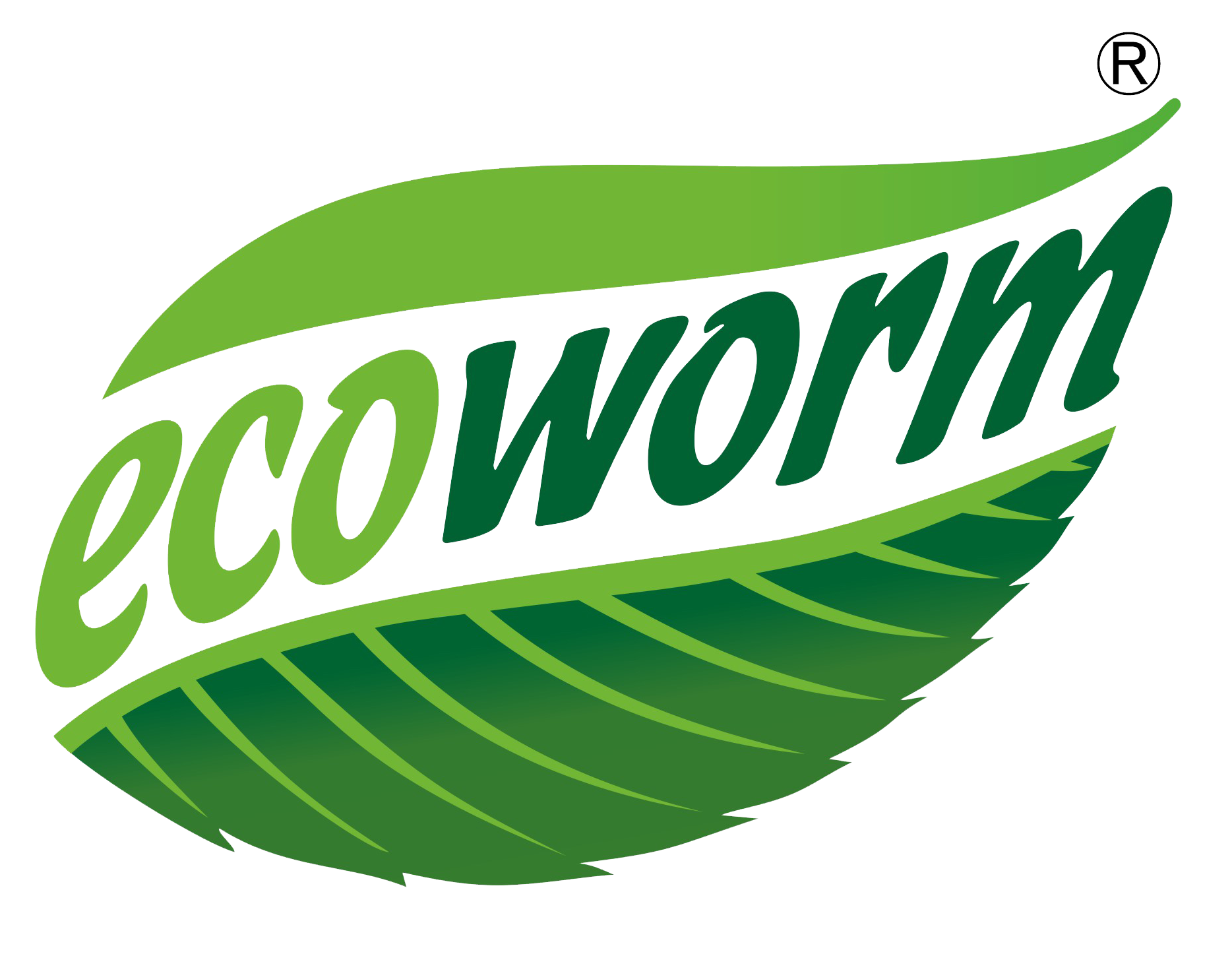Composting is a simple and effective way to turn your kitchen scraps into rich, fertile compost that can greatly benefit your garden. Not only does it reduce waste and contribute to environmental sustainability, but it also provides your plants with essential nutrients, improving soil structure and promoting healthy growth. In this article, we’ll guide you through the basics of DIY composting, from what to compost to how to maintain your compost pile.
Why Compost?
Composting has numerous benefits:
- Reduces Waste: Composting diverts kitchen and garden waste from landfills, reducing your environmental footprint.
- Enriches Soil: Compost improves soil structure, aeration, and water retention, making it easier for plants to thrive.
- Provides Nutrients: Compost contains a balanced mix of nutrients that are slowly released to plants.
- Promotes Healthy Microorganisms: Composting encourages the presence of beneficial microbes that help decompose organic matter and suppress plant diseases.
Getting Started: What You Need
- Compost Bin: You can purchase a compost bin or build your own. Options include traditional compost bins, tumblers, and worm composters (vermicomposting).
- Location: Choose a spot that is convenient, well-drained, and receives partial sunlight. It should be easily accessible from your kitchen and garden.
- Materials: You’ll need a mix of "green" and "brown" materials.
Green vs. Brown Materials
Green Materials:
- Fruit and vegetable scraps
- Coffee grounds and filters
- Tea bags
- Grass clippings
- Fresh plant trimmings
Brown Materials:
- Dry leaves
- Straw and hay
- Shredded paper
- Cardboard
- Sawdust
Building Your Compost Pile
- Layering: Start with a layer of coarse materials like twigs to aid air circulation. Alternate layers of green and brown materials. Aim for a balance of about 50% green and 50% brown materials by volume.
- Moisture: Your compost pile should be as damp as a wrung-out sponge. If it’s too dry, add water. If it’s too wet, add more brown materials.
- Aeration: Turn your compost pile every few weeks to introduce oxygen, which is necessary for decomposition. A garden fork or compost aerator can help.
What Not to Compost
Avoid adding the following materials, as they can attract pests, introduce pathogens, or slow down the composting process:
- Meat, fish, and dairy products
- Fats, oils, and grease
- Pet waste
- Diseased plants
- Weeds with seeds
- Glossy or coated paper
Maintaining Your Compost
- Turning the Pile: Regularly turning your compost helps to aerate it and speed up decomposition. Aim to turn the pile every 2-4 weeks.
- Moisture Check: Ensure your compost remains moist but not waterlogged. Adjust the moisture level by adding water or brown materials as needed.
- Temperature: Composting generates heat. The pile’s center should feel warm to the touch, indicating that decomposition is occurring.
Using Your Compost
Compost is ready to use when it is dark, crumbly, and has an earthy smell. Here are some ways to use it in your garden:
- Soil Amendment: Mix compost into garden beds to improve soil structure and fertility.
- Mulch: Spread compost around plants to retain moisture, suppress weeds, and provide nutrients.
- Potting Mix: Combine compost with other ingredients to create a nutrient-rich potting mix for container plants.
Troubleshooting Common Issues
- Bad Odor: Usually due to too much green material or not enough aeration. Add more brown materials and turn the pile.
- Slow Decomposition: Could be due to a lack of nitrogen, water, or air. Check the balance of green and brown materials, ensure proper moisture, and aerate the pile.
- Pests: Attracts pests if meat, dairy, or oily foods are included. Stick to plant-based kitchen scraps.
Enhancing Your Garden with Ecoworm Soil Extract
In addition to composting, consider using Ecoworm Soil Extract to further enrich your garden. This organic vermicompost extract works as a powerful soil regenerator and plant fertilizer. Here’s why you should integrate it into your gardening routine:
- Soil Regeneration: Ecoworm Soil Extract helps restore soil fertility naturally, enhancing the growth of beneficial microbes and improving soil structure.
- Plant Health: It provides essential nutrients and increases plants’ resistance to pests and diseases.
- Versatility: Suitable for all types of plants and gardening conditions, whether indoors, outdoors, or in greenhouses.
- Environmental Safety: Made from completely natural resources, it’s safe for children, pets, and wildlife, and has no negative impact on the environment.
By combining DIY composting with Ecoworm Soil Extract, you can create a thriving, sustainable garden that supports healthy plant growth and a balanced ecosystem. Start composting today and experience the benefits of these natural gardening solutions!

